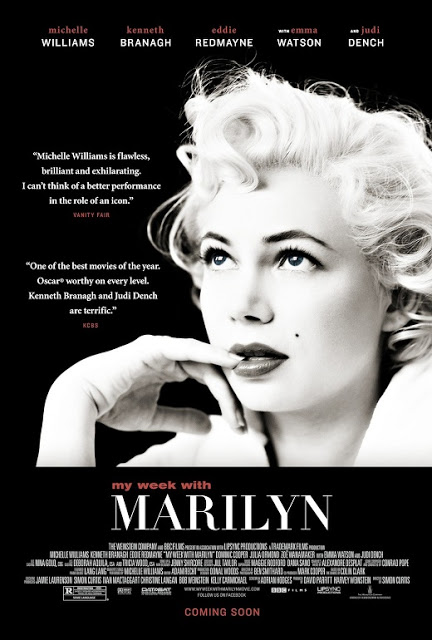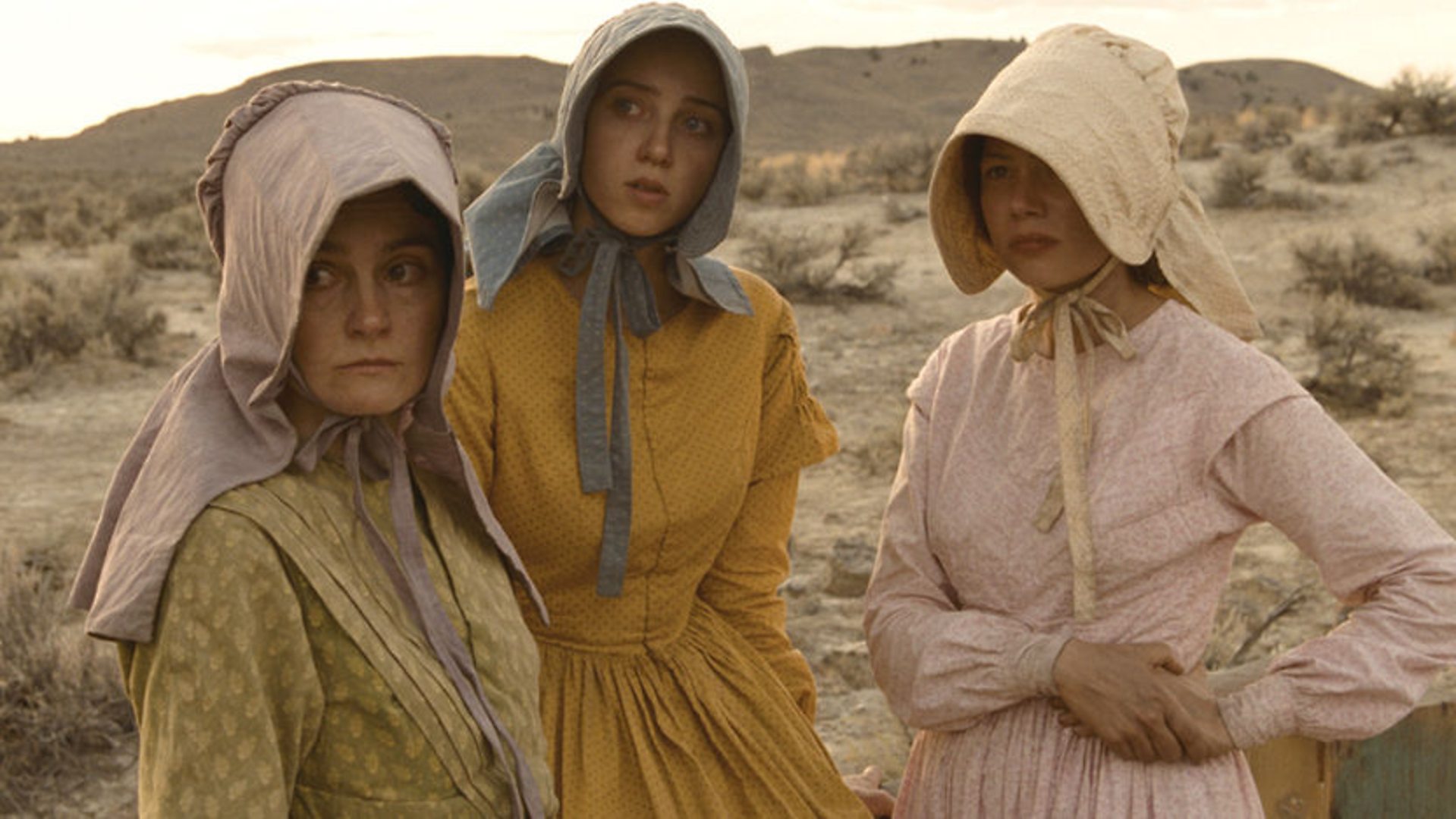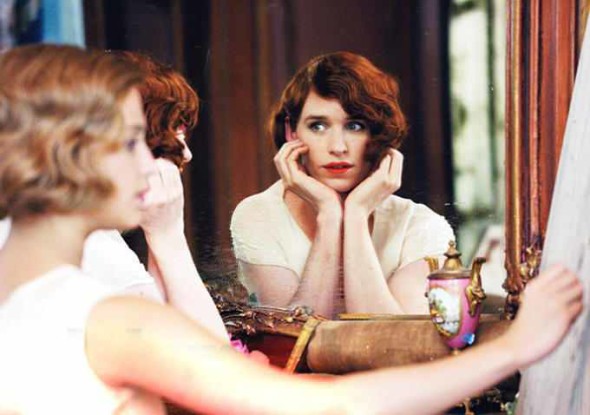Women in Politics Week: Meryl Streep and Michelle Williams
This guest post by Gabriella Apicella previously appeared at Bitch Flicks on February 17, 2012 as part of our 2012 Oscar/Indie Spirit Series. Of the Best Actress nominations at the Oscars this year, two stand apart from the rest. Not because of the skill of the actresses, but because they depict real-life figures. Through these … Continue reading “Women in Politics Week: Meryl Streep and Michelle Williams”










